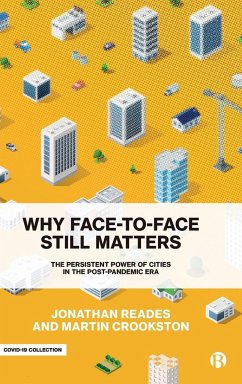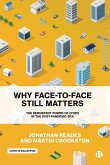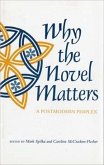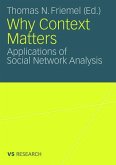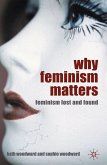What makes a great city? Why do people and businesses still value urban life and buildings over a quiet life in the suburbs or countryside? Now might seem a difficult time to make the case for social contact in urban areas - so why is face-to-face contact still considered crucial to many 21st-century economies? In a look back over a century's worth of thinking about cities, business and office locations, this accessible book explains cities' ongoing importance as places that thrive on face-to-face meetings, and on negotiating uncertainty and 'sealing the deal'. Using interviews with business leaders and staff from knowledge-intensive, innovation-rich industries, it argues for the continuing value of the 'right' location despite the information revolution, the penetration of artificial intelligence (AI), and the COVID-19 pandemic. It also explores why digital systems have transformed businesses in cities and towns, but in fact have changed surprisingly little about the challenges of business life. This timely book gives readers, including developers, investors, policy makers and students of planning or geography, essential tools for thinking about the future of places ranging from market towns to great world cities.
Hinweis: Dieser Artikel kann nur an eine deutsche Lieferadresse ausgeliefert werden.
Hinweis: Dieser Artikel kann nur an eine deutsche Lieferadresse ausgeliefert werden.

